Raniere Silva
Candidate for Workflows for reproducible computational science and data science
Eureka Moments
When reading the history of open source contributors, they always mention the moment when their life changed. E.g. "the frustration he had working with scientists who wanted to run before they could walk, i.e., to parallelize complex programs that were not broken down into self-contained functions" [1].
[1] Wilson G. Software Carpentry: lessons learned. F1000Research 2014.
(https://doi.org/10.12688/f1000research.3-62.v1)

We have Makefile
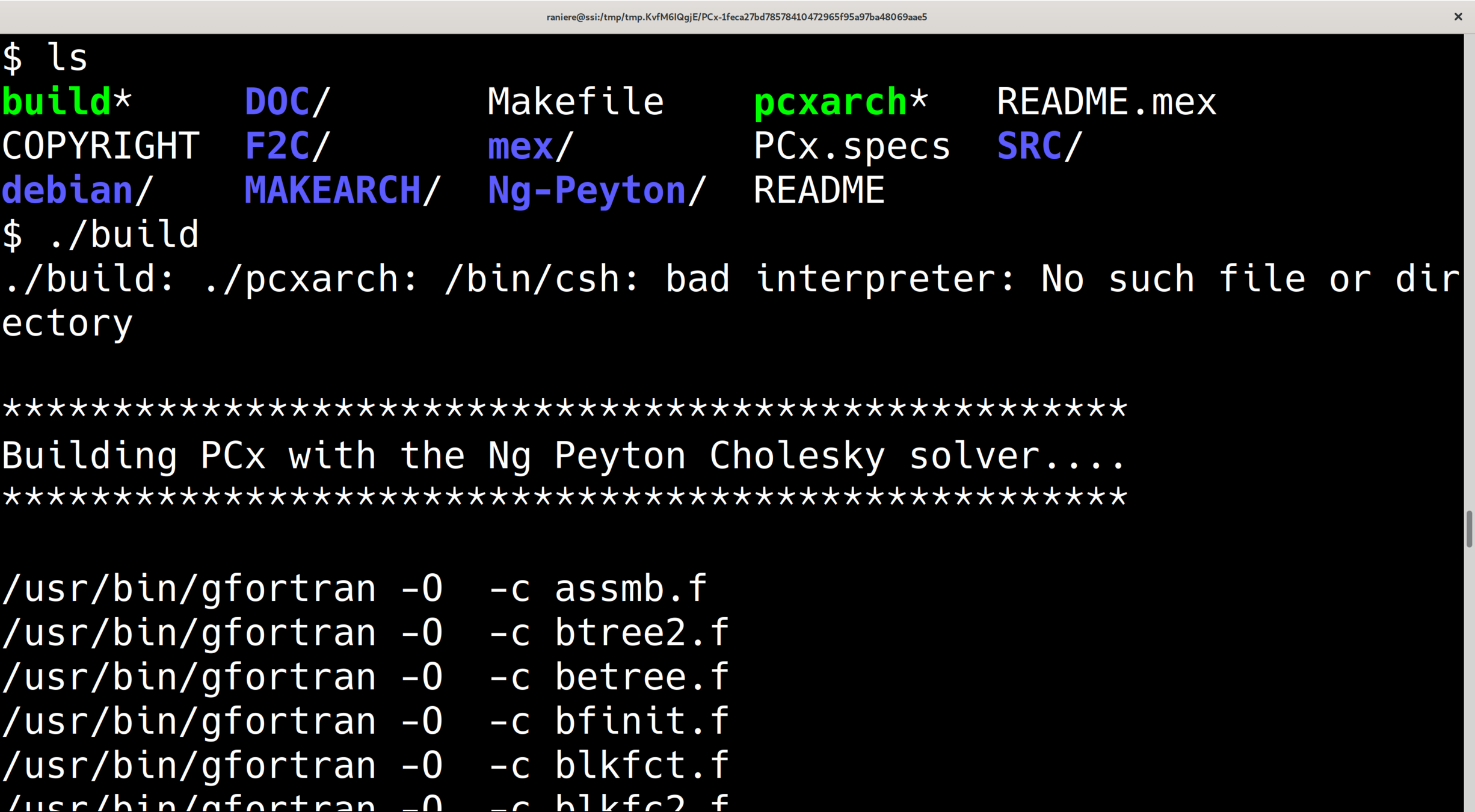
But something called csh is missing
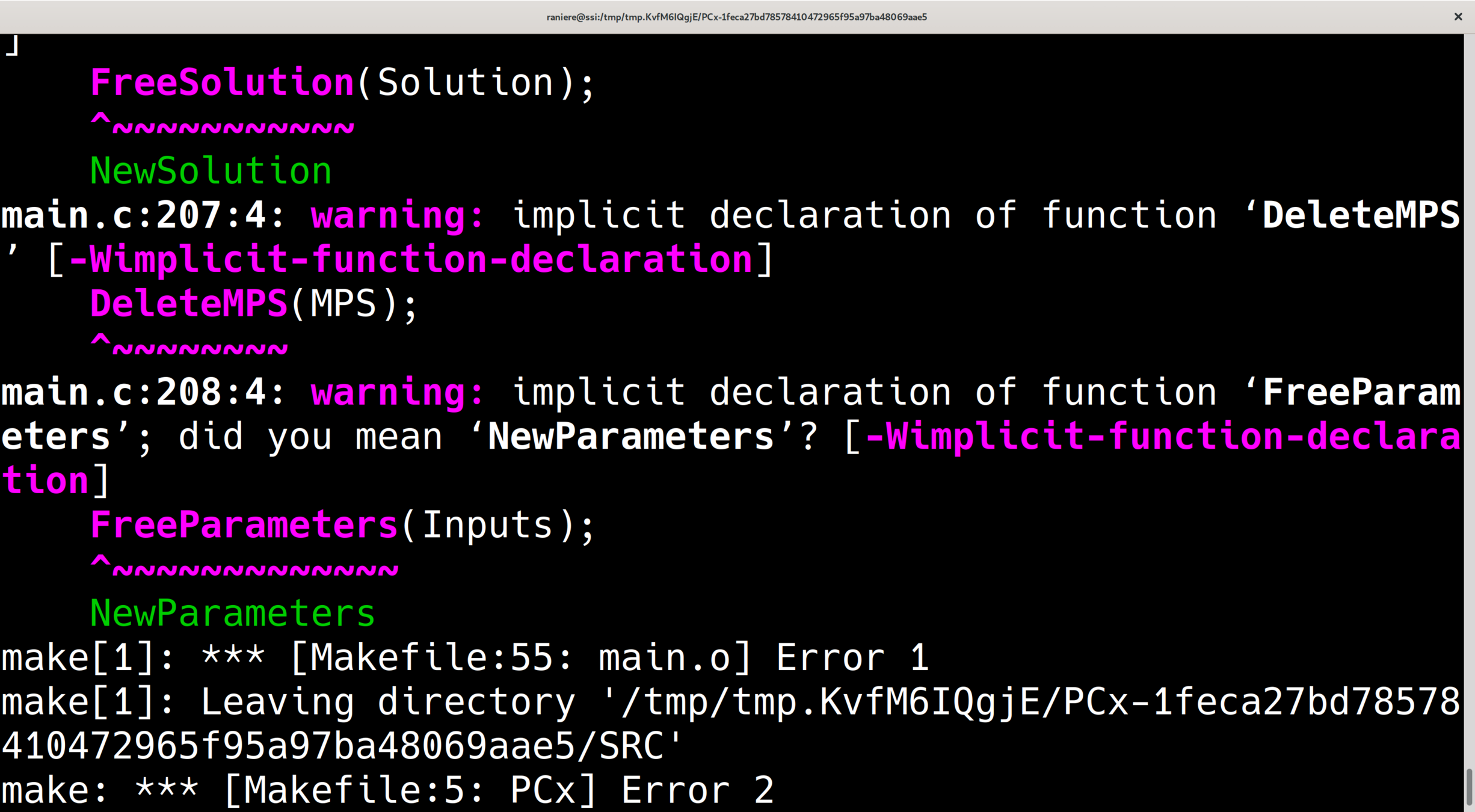
And make failed
Data, Script and Action
After two independent groups collected data, they should be able to use the same script to process/visualise the information. Unfortunately, this part of the workflow is broken.
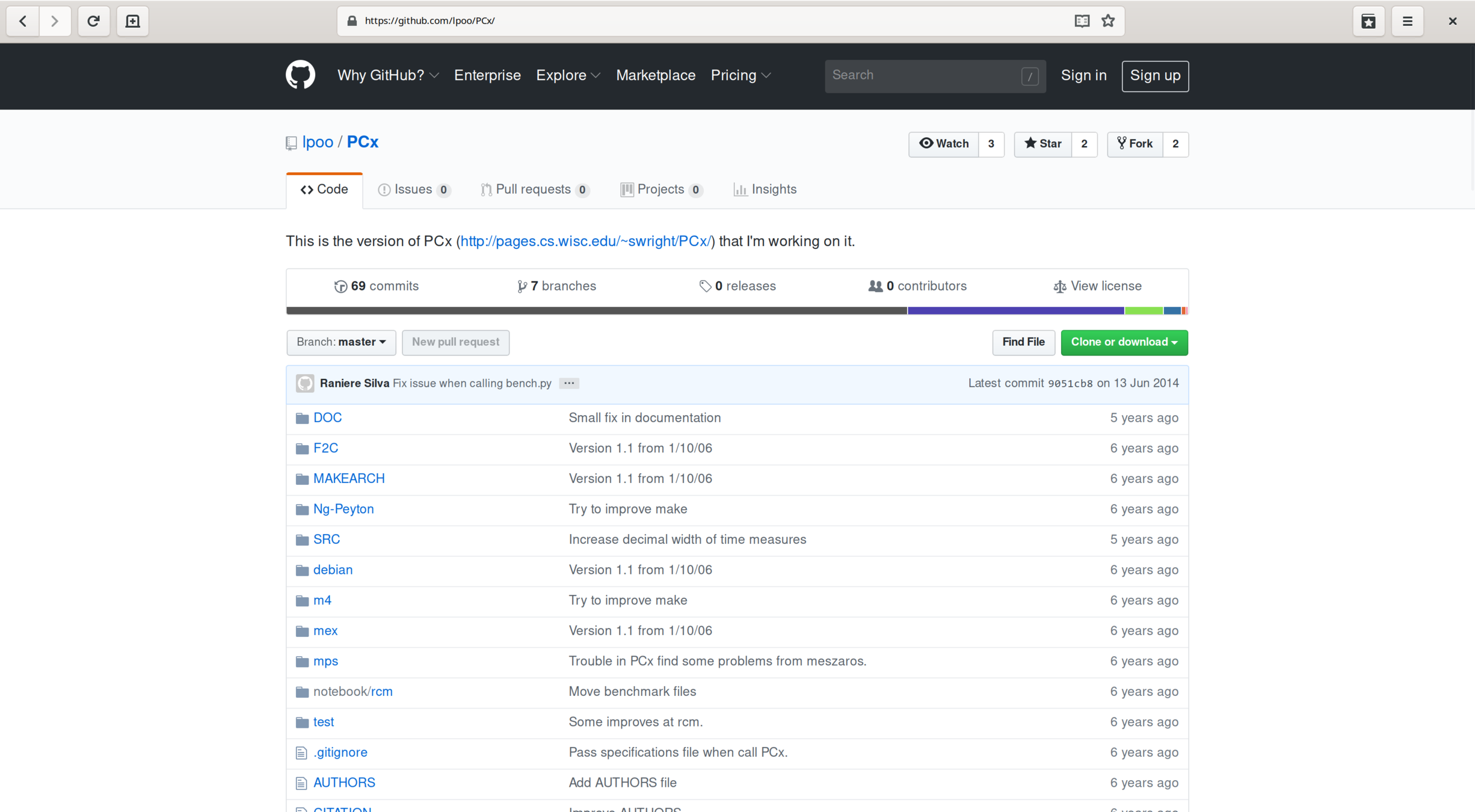
PCx goes to GitHub
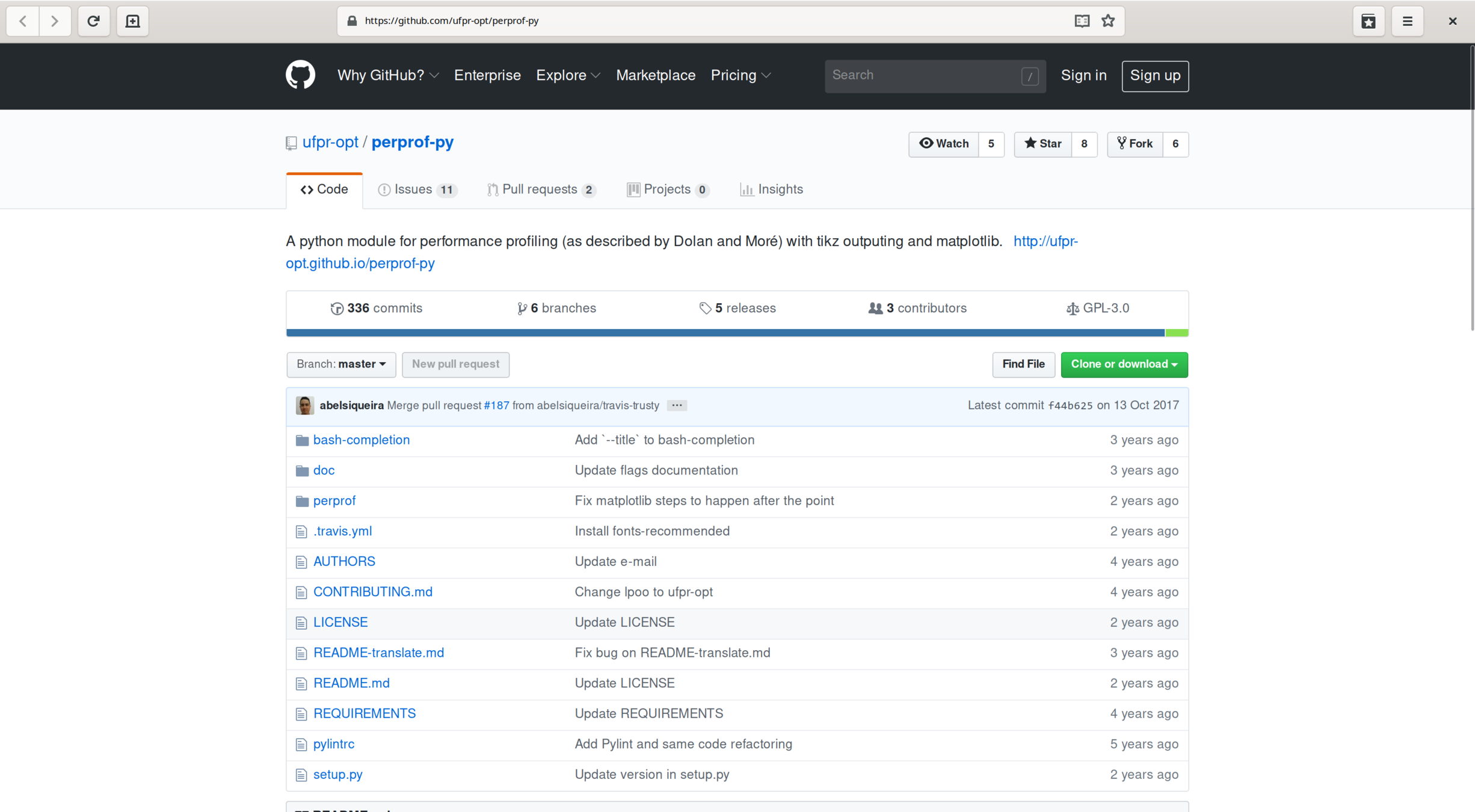
And we created perprof
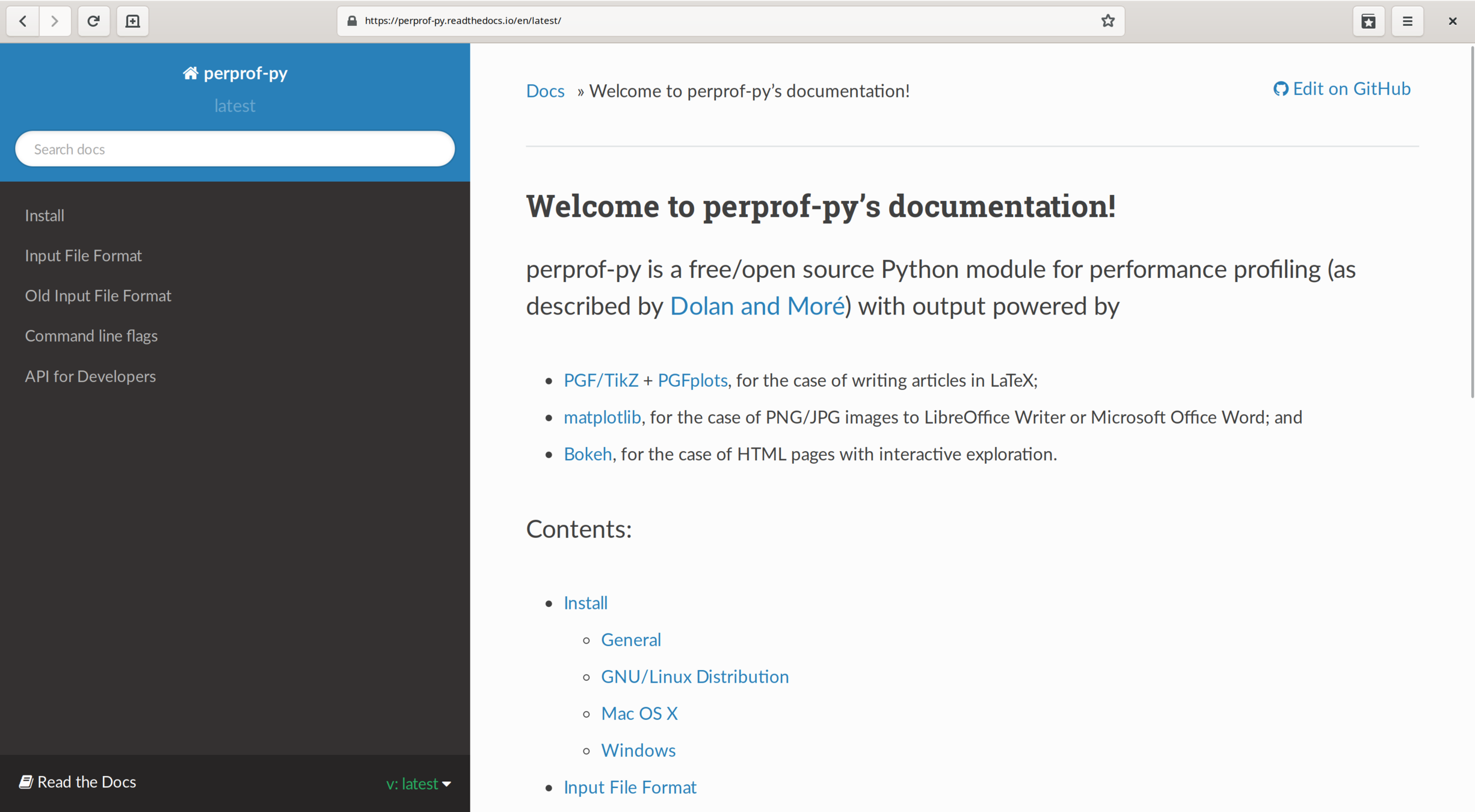
perprof documentation
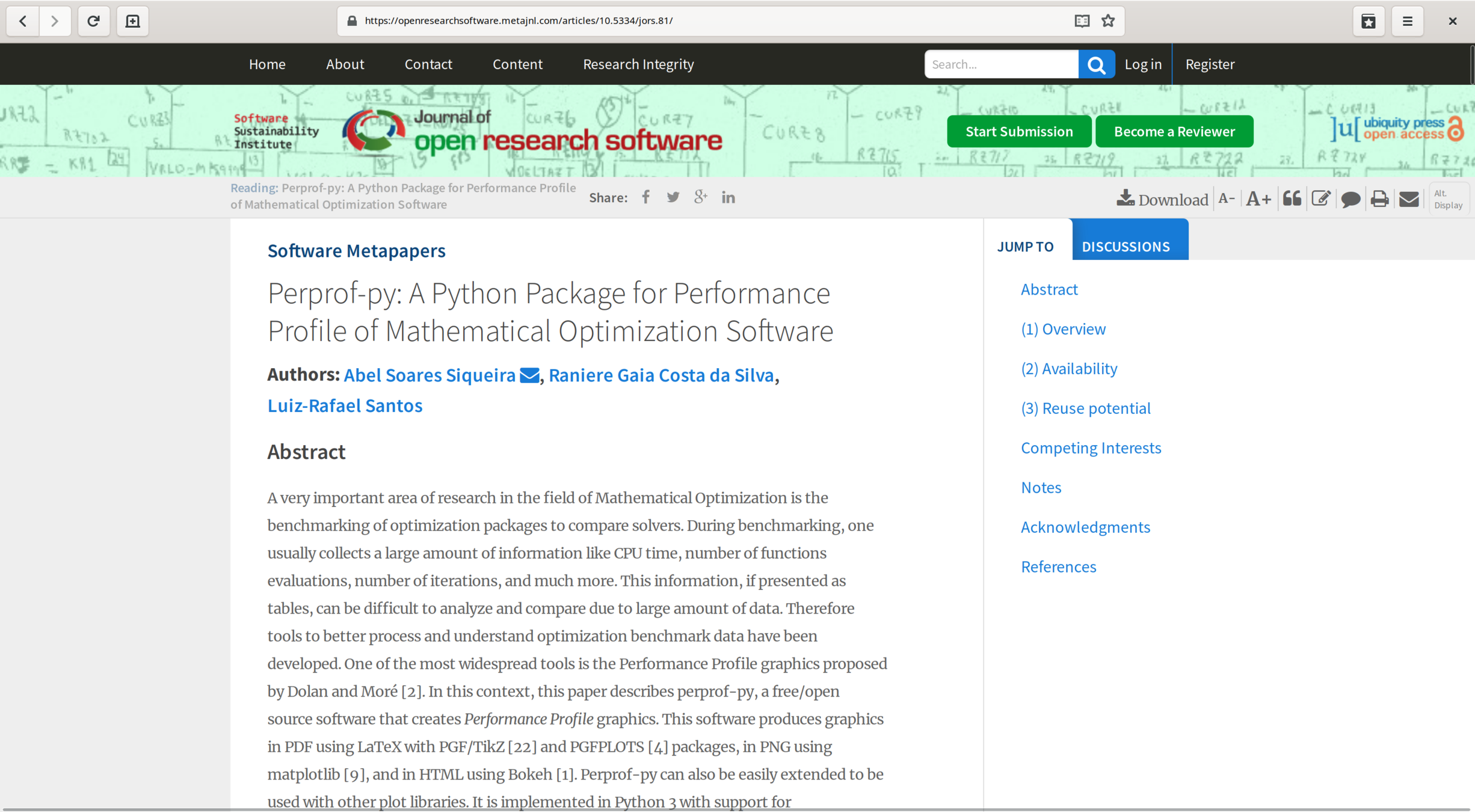
perprof paper
The unknown unknowns
I learnt a lot about software best practices—version control, documentation, testing—and I needed some help with the ones I didn't know I didn't know.
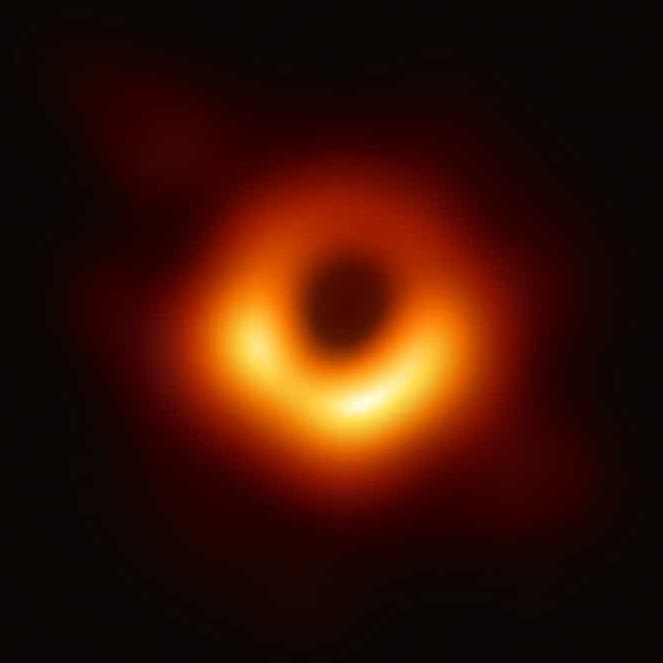
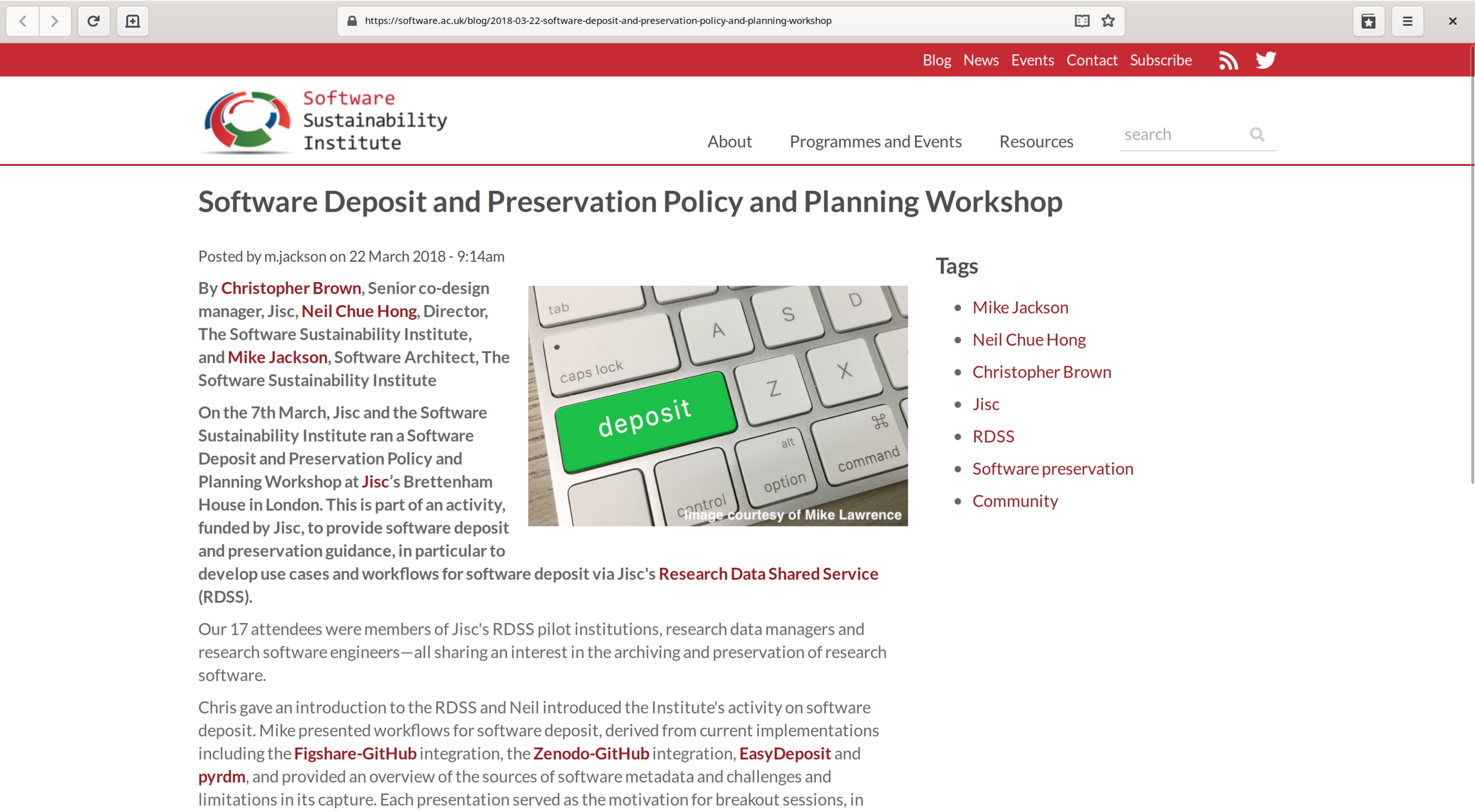
Preservation is important for science
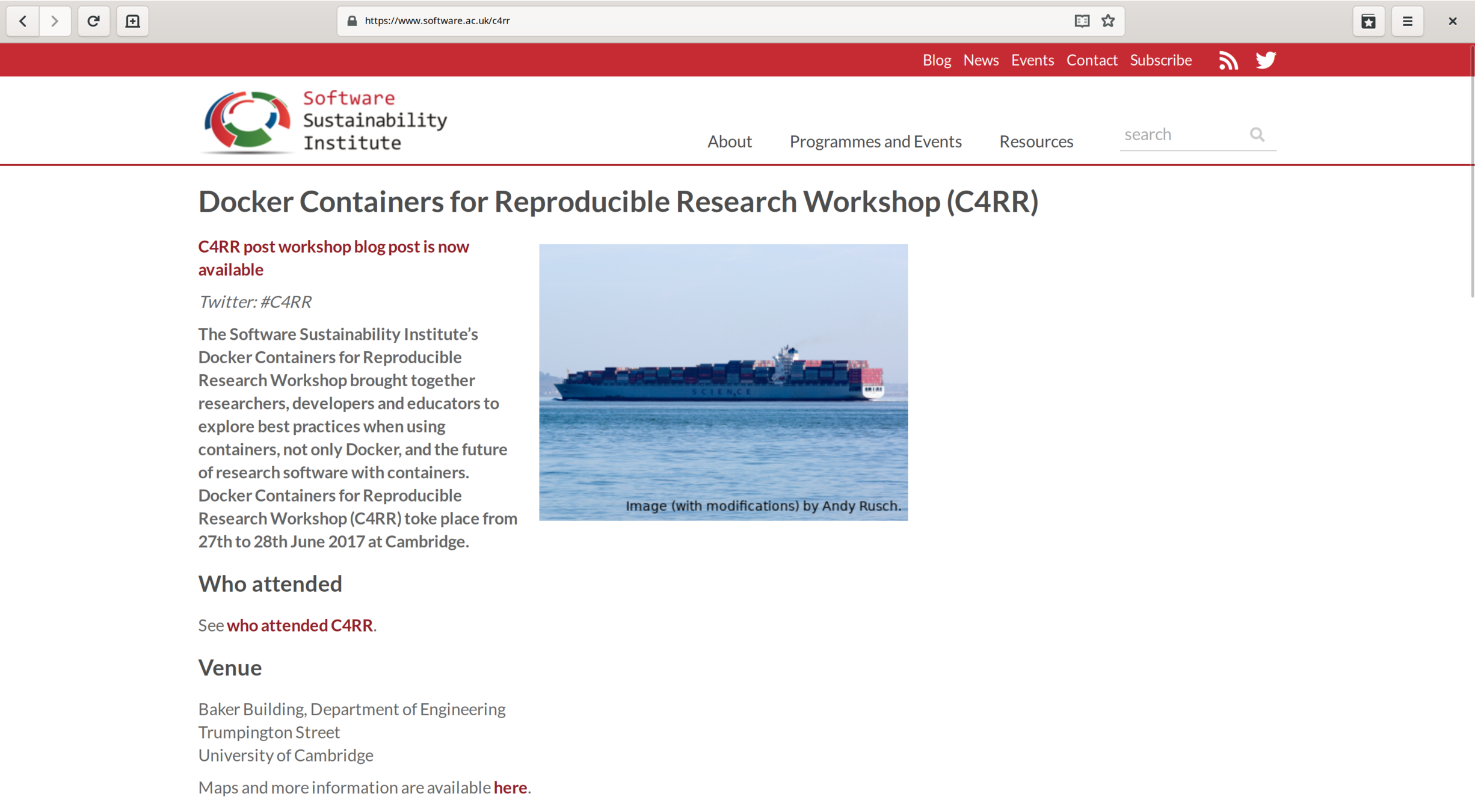
New technologies can help
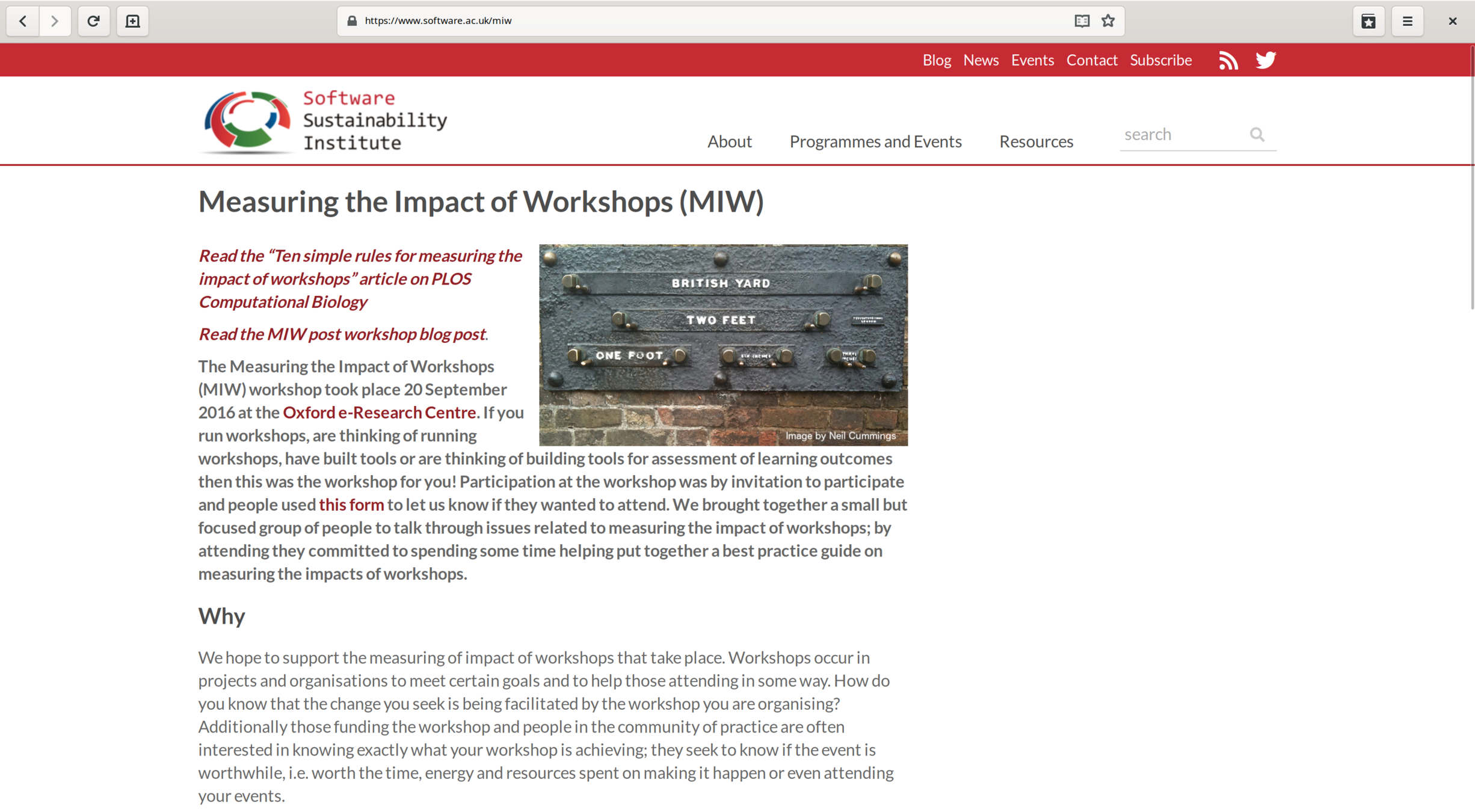
Don't be afraid to ask the experts
Long Term Goals
I would like to apply to São Paulo Research Foundation's (FAPESP) Young Investigator Awards around 2025 and create the first Research Software Engineer (RSE) group in Brazil. At the end of FAPESP's Young Investigator Awards, around 2030, I wish that my work have inspired the creation of other RSE groups in South America.
BOSSEE
- Project management
- Structural improvements to Jupyter
- Developing the Jupyter ecosystem
- Science demonstrators
- Services and EOSC integration
- Education and dissemination

Project Management
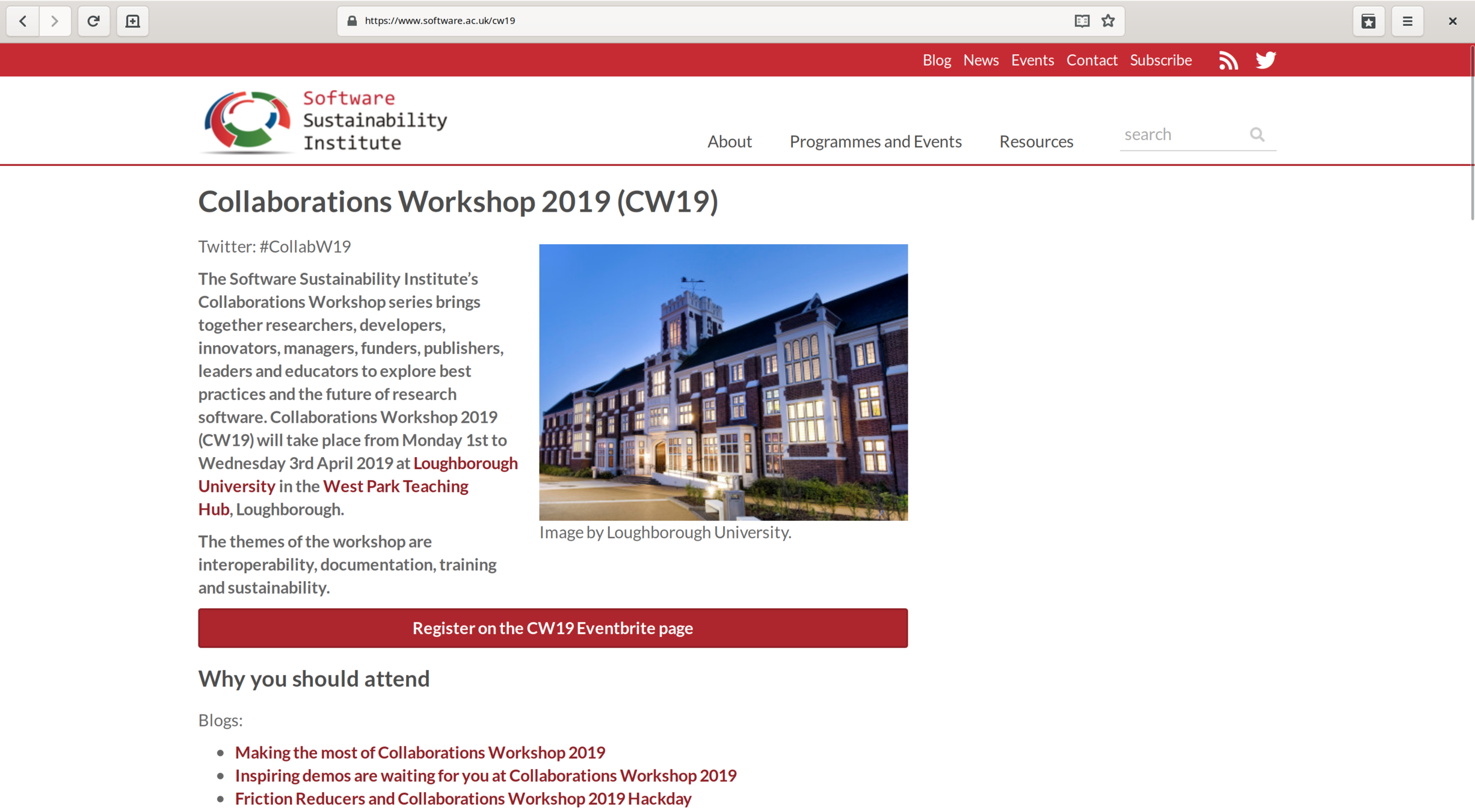
Structural Improvements to Jupyter
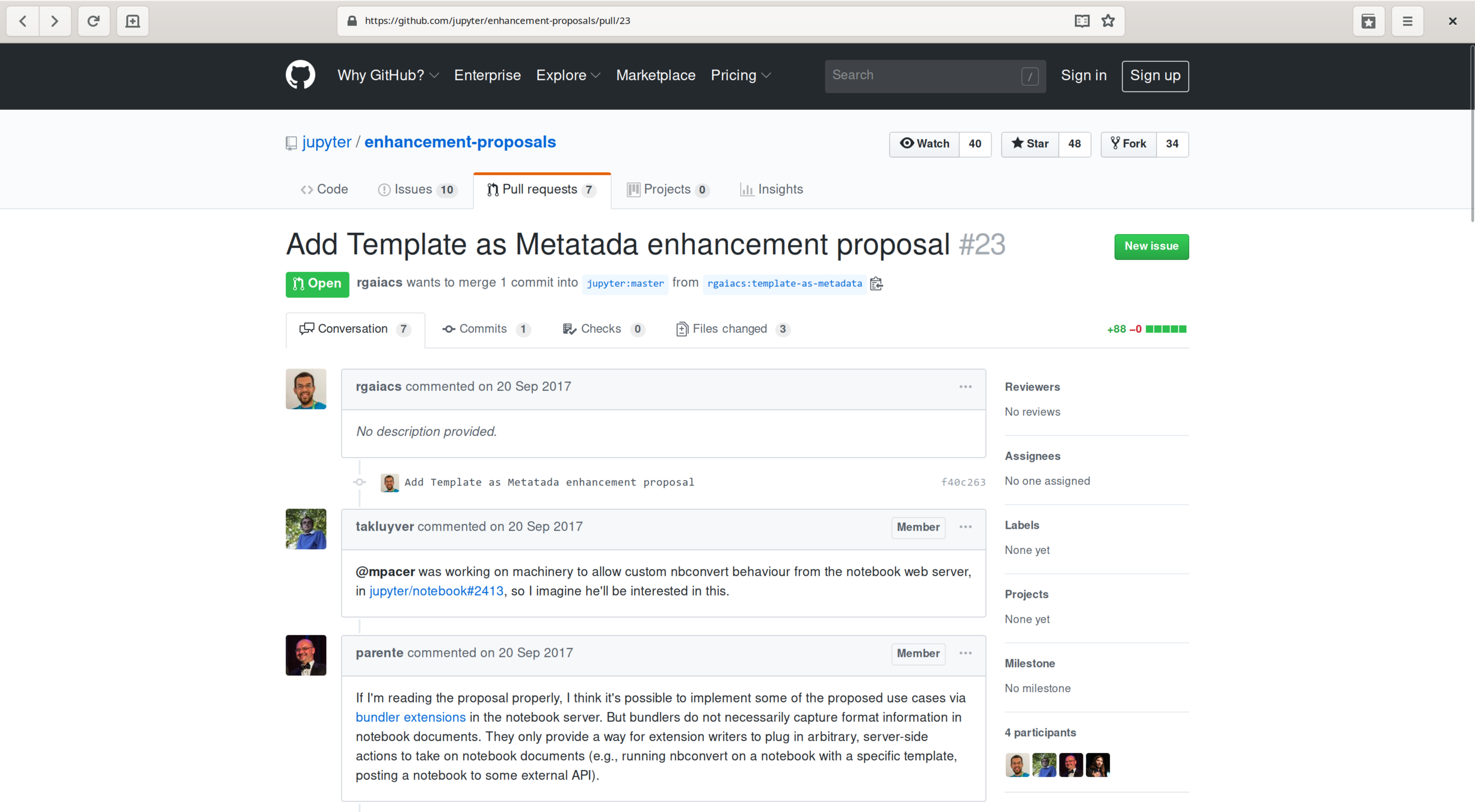
Developing the Jupyter Ecosystem

Science Demonstrators
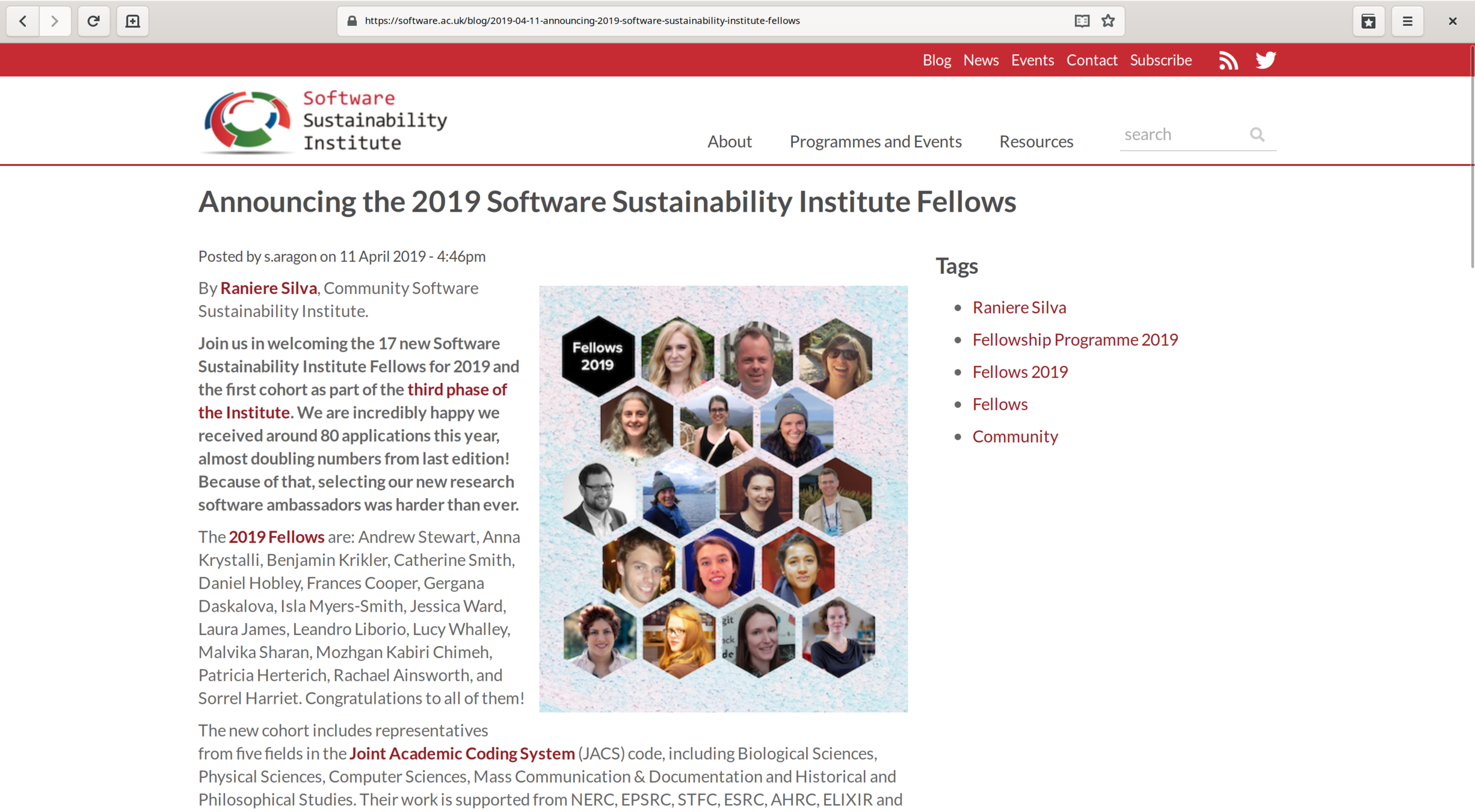
Services and EOSC integration
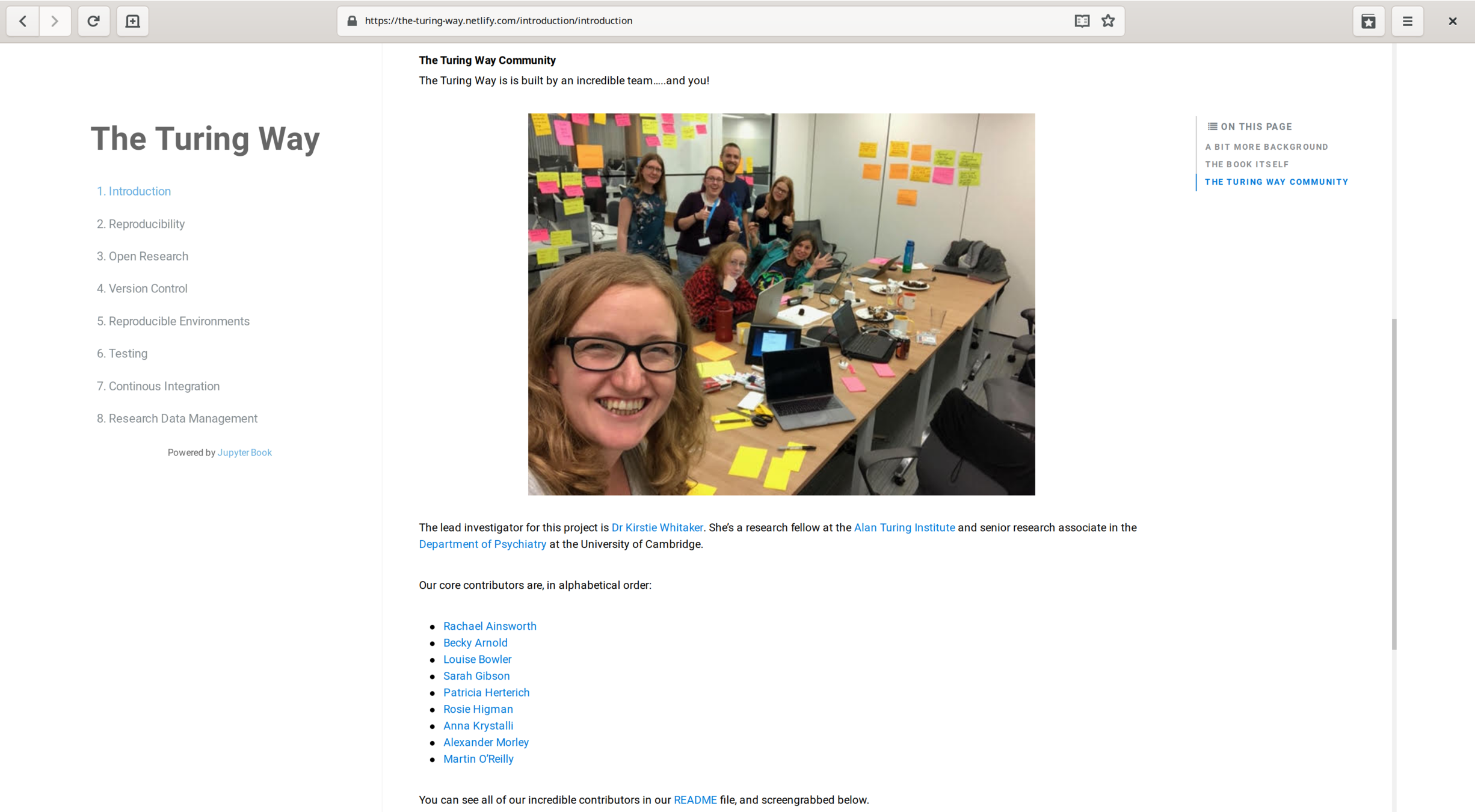
Education and Dissemination
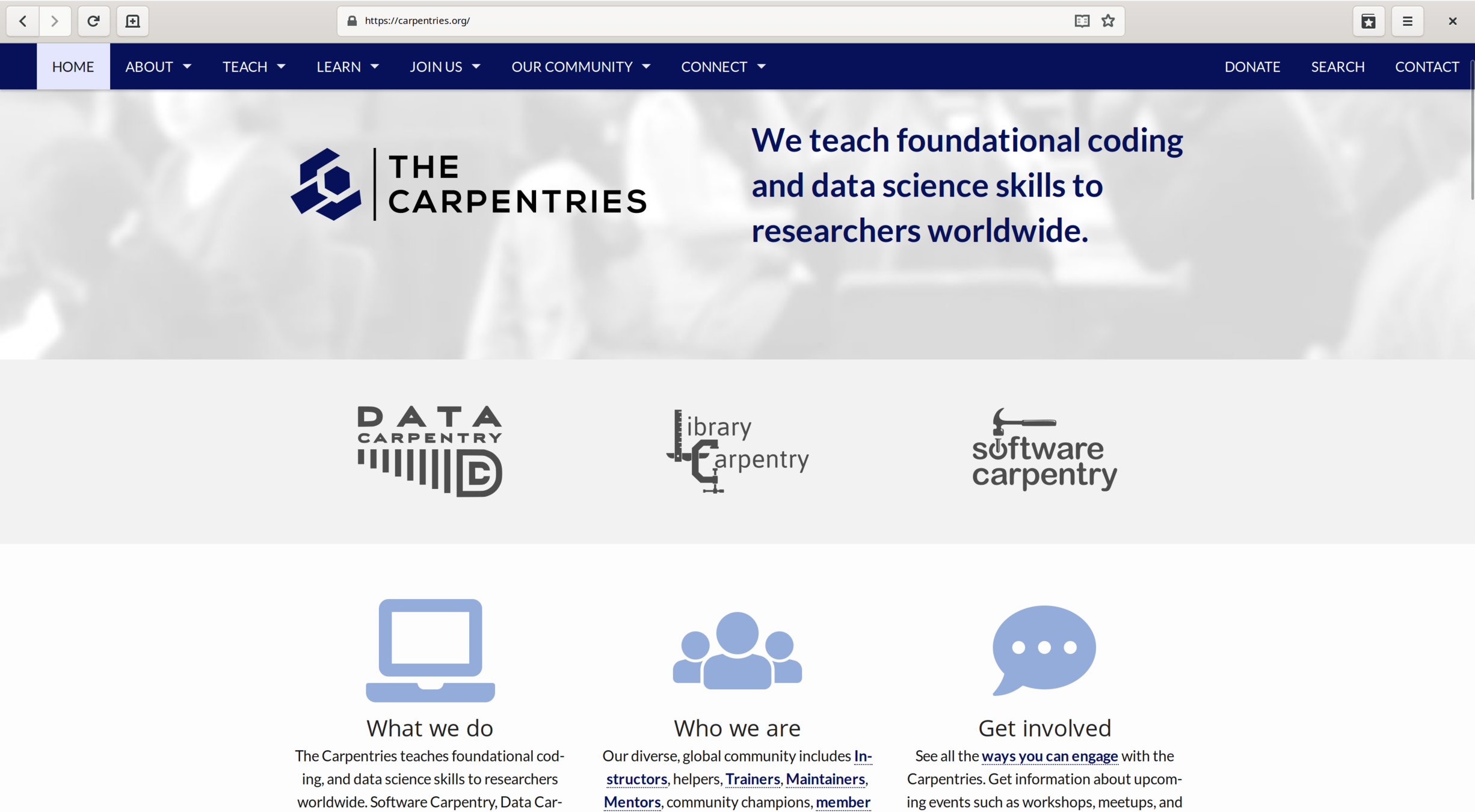
Thanks for your time!
PhD DASHH
By Raniere Silva
PhD DASHH
- 514




